Post
A catch
Save a catch to start your fishing logbook. You will be able to to share it with the community if yo want!
A fishing trip
Post an ad to go fishing with other fishermen
Save a catch to start your fishing logbook. You will be able to to share it with the community if yo want!
Post an ad to go fishing with other fishermen
Share a thought, a question with the community
My favorite cities
×Join our 670 fishermen and our 1 cofisherman in Thorn-Falcon in Somerset. The fishing forecast is currently 4.5. The most caught fishes here are the sunbleak fish , the spined loach, the stone loach and the burbot. Come try the most famous fishing techniques like the surfcasting fishing for sea bream, where to fish for mullet ? , tips on material for mullet fishing with plug or trolling for wahoo.
Our fishing forecast of Thorn Falcon indicates the best time to go fishing in this city.
The Sunbleak fish
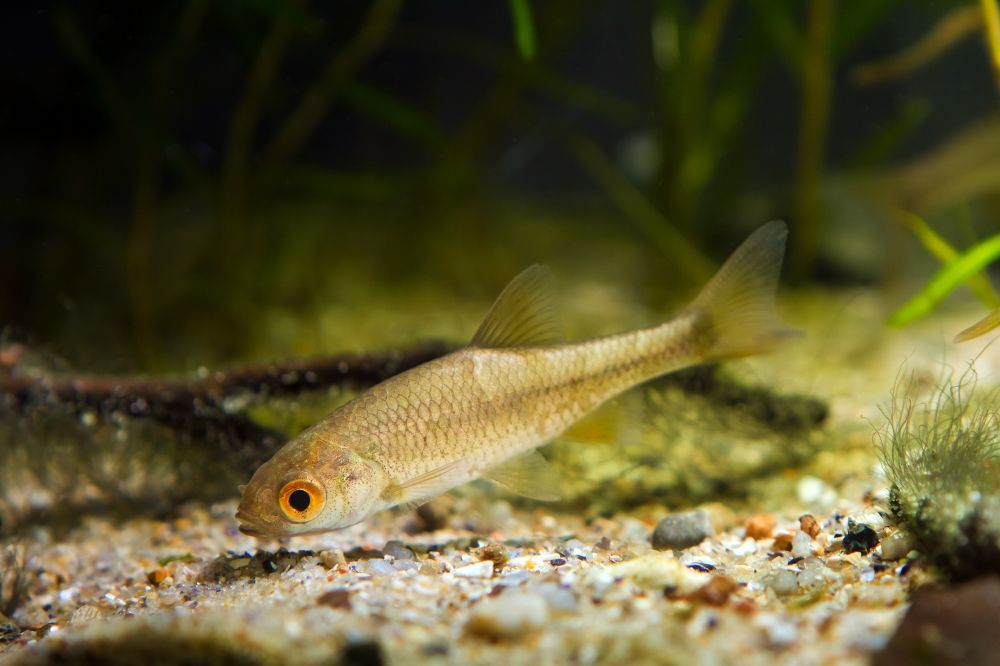
The Sunbleak fish belongs to the Cyprinidae family. The usual size of sunbleak is 4 to 6 cm for a weight of about ten grams. The largest individuals can reach 9 cm. Its lifespan is about 2 years. It breeds between May and July. It is prohibited to fish for the sunbleak in white water from October to March, but in mixed and calm waters it can be fished all year round. The Sunbleak has a tapered, laterally compressed body, like the common bleak with which it is often confused. However, its body is more robust and less high than that of the latter. Its head is small with eyes that are excessively large in relation to the size of the head. Its lower jaw is longer than its upper jaw, giving its mouth a forward and upward orientation, indicating a fish that feeds preferentially on the surface. The caudal fin of sunbleak is particularly indented, its dorsal fin fits well behind the pelvic fin insertions. The sunbleak has an olive-brown back, bluishly reflective sides and a silvery belly. Its fins are light grey.
The Sunbleak fish is a famous fish you can catch in Thorn Falcon.The Spined Loach
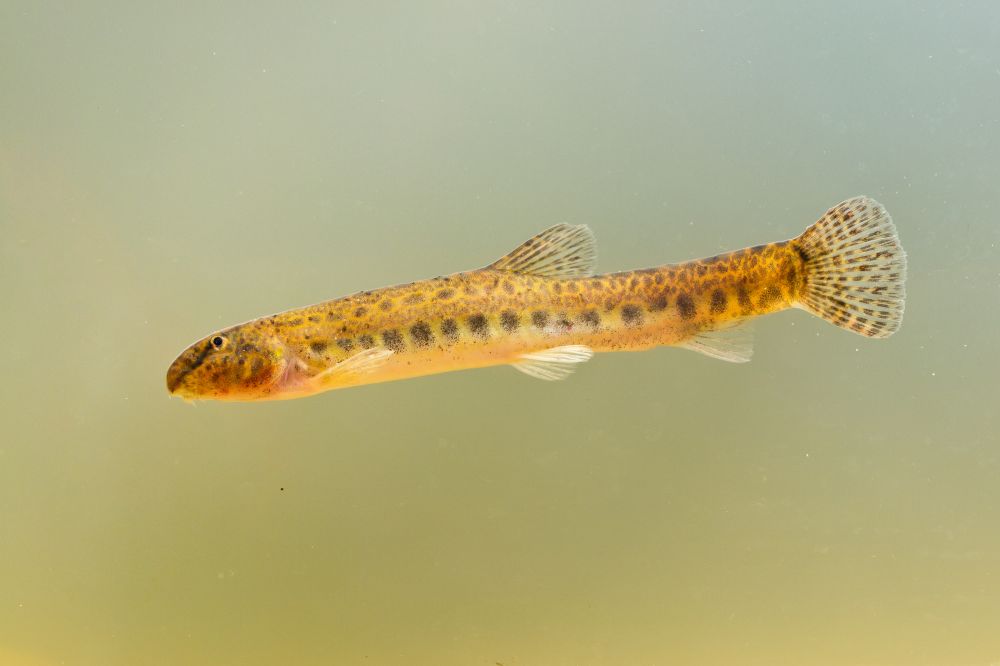
The Spined loach belongs to the Cobitidae family. The Spined Loach has a size of 6 to 12 cm. it can live up to 10 years. The breeding period runs from April to July. The female can lay up to 1500 eggs. It can be fished all year round. Its elongated, ribbon-shaped body is covered with very small scales. Variable in color, light brown to dark brown, its flanks are marked with dark spots aligned longitudinally (the points in the lower row are larger). His belly is very clear and almost white. The head is narrow. The inferior mouth (in the ventral position) is surrounded by six small barbells (4 on the upper jaw and 2 at the corner of the lips). Under each eye, there is a small moving spine that is very inconspicuous (it can be detected mainly by touch). The caudal fin has a black spot growing at its birth and is then marked with four lines of dark dots. The pectoral fins are long. If you have good eyes, you can tell the male from the female by the longer and thicker pectoral fins.
The Spined Loach is a famous fish you can catch in Thorn Falcon.The Stone Loach
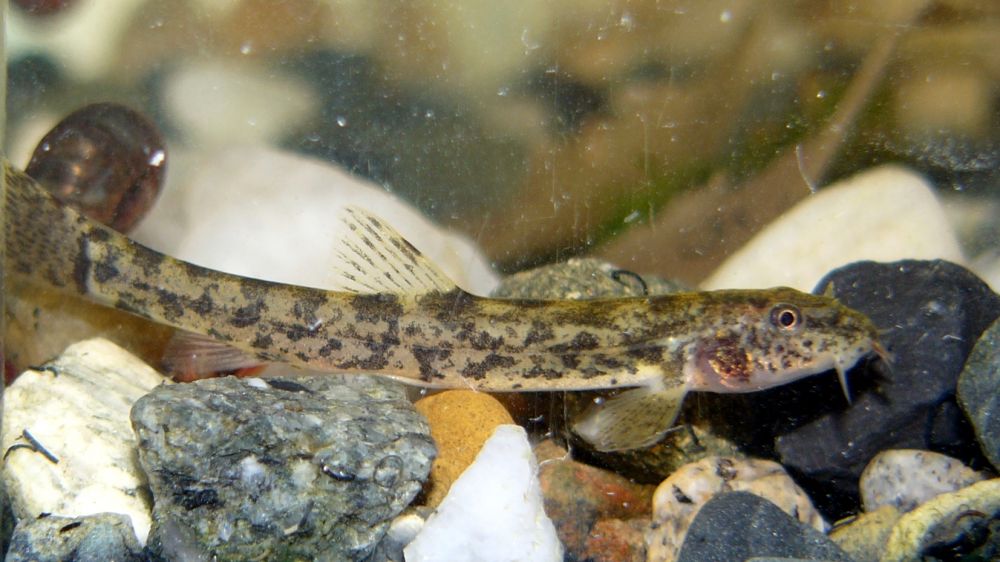
The Stone Loach belongs to the Balitoridae family. The current size of the Stone loach is about 10-12 cm and maximum 20 cm. Its longevity is 5 to 6 years. The breeding period takes place between April and July. Fertility is 50,000 to 80,000 eggs. Fishing is allowed from June to March. The stone loach has an elongated body, subcylindrical in its front part and covered with tiny scales. The head is broad and flattened. The mouth is equipped with three pairs of barbells on the upper lip. She does not have an erectile spine under her eye. The caudal fin is slightly indented, almost straight and punctuated with black. The back is brownish in color, the flanks are yellowish and the belly is clear. A dark band is present at the base of the caudal fin.
The Stone Loach is a famous fish you can catch in Thorn Falcon.The Burbot
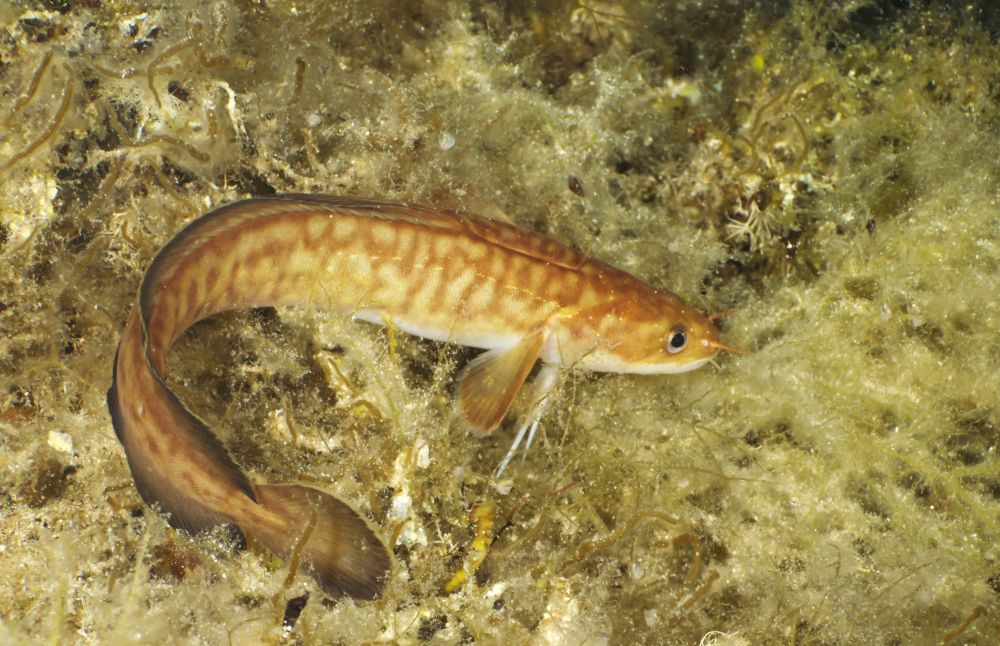
The Burbot fish belongs to the Lotidae family. The burbot can measure 30 to 120 cm and weigh up to 3 kg. It can live from 15 to 20 years. It breeds from December to March and can lay up to one million eggs. It can be fished all year round. The body is cylindrical, elongated, slightly compressed towards the tail, covered with small scales covered with a thick layer of mucus. The back is greenish brown or yellowish with darker mottling, with a gradation becoming lighter on the sides. The belly is yellowish white. The short, rounded pectoral fins, close to the head, overhang the ventral side with their first very elongated radius. The first dorsal fin is short, the second, very long, continues until the birth of the caudal, which is rounded. The lower jaw has a single long barbel and the nostrils have two fairly distant orifices, each with a small barbel. The mouth is wide, with many fine teeth.
The Burbot is a famous fish you can catch in Thorn Falcon.The Rainbow trout
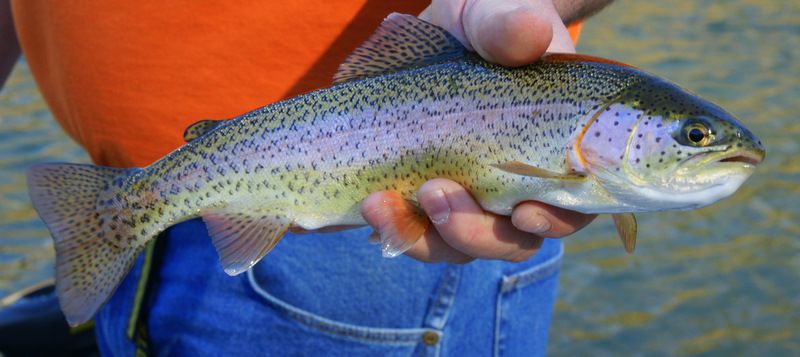
The Rainbow trout belongs to the Salmonidae family. On average, it measures 35 to 70 cm and weighs 500 g to 6 kg. In this species, a maximum lifespan of 11 years has been observed. Rainbow trout reproduce naturally from late March to early July. Fertility is about 2000 eggs per kg. Depending on the region, it is fished from March to September. Rainbow trout have a streamlined, laterally compressed and slender body. It has a small head and a slightly split mouth. Its body is arched at the level of the dorsal fin. It should also be noted that there is an adipose fin common to all Salmonids. Its scales are small and thin. Generally, the entire body is punctuated by small black spots, many on the back and sides, as well as on the dorsal and caudal fins. The back is olive green and the sides are silvery. The color of the belly varies from white to yellowish. Nevertheless, the general coloring of the body varies greatly depending on the age, habitat and physiological stage of the fish. The particularity of rainbow trout lies in the presence, all along the body, of an iridescent longitudinal band, predominantly pink. During the breeding season, the female is generally rounder because of the ovarian volume, while the males appear to be more elongated. They become darker and their colors more vivid.
The Rainbow trout is a famous fish you can catch in Thorn Falcon.Our fishing forecast of Thorn Falcon indicates the best time to go fishing in this city.
Our fishing forecast of Thorn Falcon indicates the best time to go fishing in this city.
Our fishing forecast of Thorn Falcon indicates the best time to go fishing in this city.
